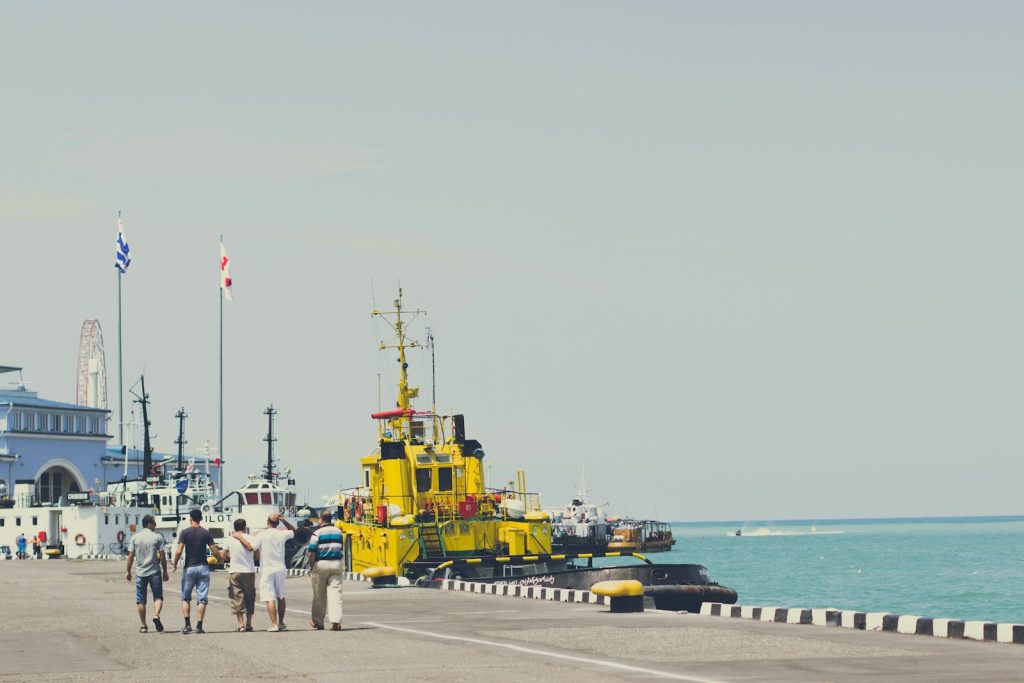MARITIME CASES
Strike or lockout versus improper care and custody
This interesting case involved green salted hides that were loaded on a ship in an Australian port. Thereafter, the ship was delayed for a period of two and a half months owing to a seaman’s strike. After a total of six months, the shipment was delivered to the consignee in a Belgian port but in a badly deteriorated condition. In an original suit for damages, the carrier was exonerated from liability because of the strike or lockout clause of the bill of lading.
However, the case was appealed, and the cargo owner won a judgment for the damage to the cargo. The court summed up its opinion by stating that, simply because a seaman’s strike occurs, the carrier cannot abandon the cargo or reduce its efforts to care for the cargo.

Some of the factors that caused the court to deny exoneration from liability to the carrier follow, and every ship’s officer should keep this information fresh in his memory as he goes about his cargo duties throughout the years. Above all, these factors illustrate the need for constant diligence with respect to cargo care.
The carrier was negligent in not taking action to avoid damage while the ship was unable to proceed. The owner of the cargo should have been notified of the delay so that he might at least consider measures to protect his goods. No effort was made to ventilate the cargo properly while the ship was at anchor in port, such as opening the hatches and trimming all vents into the wind.
No inspections of the hides were made throughout the time at anchor to see if any damage was taking place or if rehandling might be necessary. The longshoremen were not requested to unload, shift, or resalt the hides during the delay. The ship was docked for three weeks before shifting to the anchorage, yet no attempt had been made to discharge the hides which were known to be perishable.
The officer who supervised the stowage of these hides was found to be incompetent, inefficient, and ignorant of the proper handling of hides. Finally, upon termination of the strike, the cargo was transshipped to another ship and stowed in the after part of No. 3 hold adjacent to the fireroom bulkhead. Thus the hides were submitted to excessive heat during the sea voyage and this aided their deterioration.
In view of all the above facts, the carrier was held guilty of improper care and custody and liable, notwithstanding the strike or lockout clause in the bill of lading.
This is an excellent example of a case that the carrier might have won if the ship’s officers had exercised a minimum of initiative and been able to show a small amount of evidence of having thought about the cargo by ventilating, inspecting, and making appropriate log book entries. These things require very little effort yet are definite manifestations of proper care and custody, and the cargo owner has a right to expect at least this reasonable amount of consideration for his goods.
MARINE CARGO OPERATIONS
Copied from a book of Captain Charles L. Sauerbier, USNR
Master Mariner

